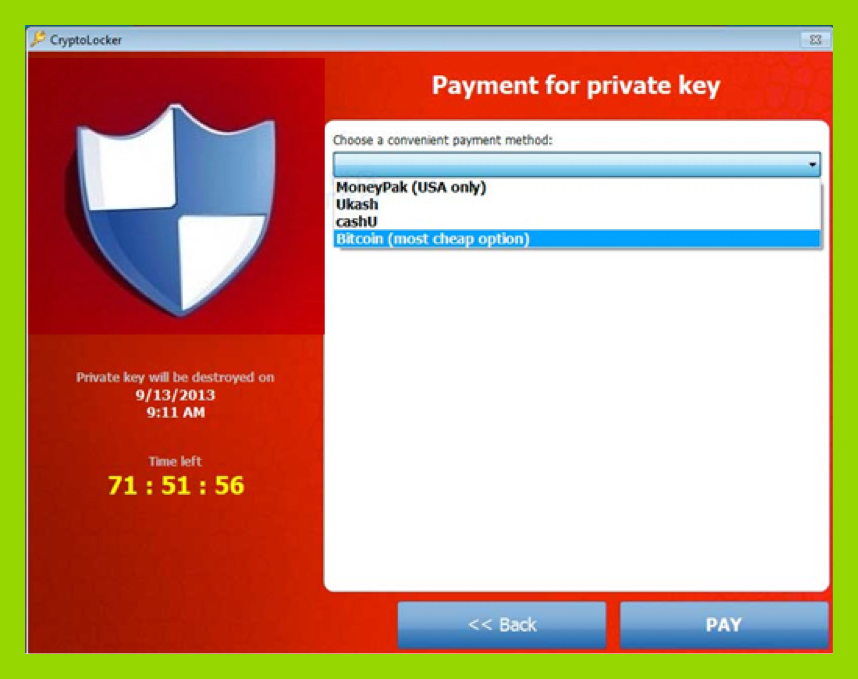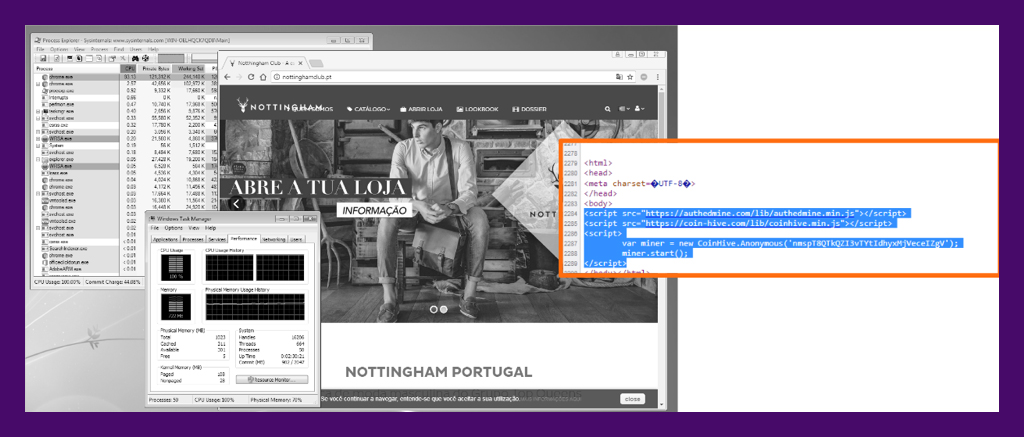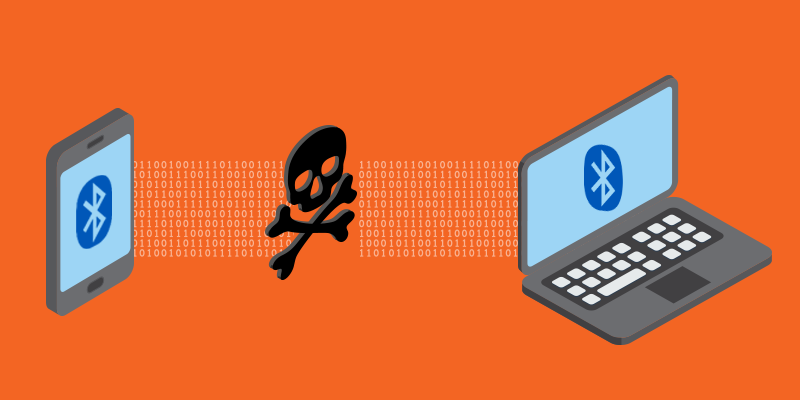Massive Customer Database Left Exposed by Data Management Firm
A security researcher recently found a database containing customer information for nearly half a billion users of Veeam software on an unsecured AWS server. Most of the data was contact information spanning from 2013 to 2017 and was likely used by the Veeam marketing team’s automated customer contact functions. Fortunately, the database was taken offline within a week of the researcher contacting Veeam about the server.
Hacker Group Breaches British Airways
After last week’s reveal of the data breach affecting nearly 380,000 of the airline’s customers, it was discovered that the injection methods used were the work of known hacker group MageCart. By compromising third-party actors, the group can access hundreds of sites and begin passing any customer payment information back to their own systems. Even more toublesome, this particular attack appeared to be tailored for the British Airways systems specifically, but could very likely be readjusted for other applications.
Chinese Hackers Using Digitally Signed Drivers for Attacks
A long-active hacker group likely based in China has expanded their tactics to include a seemingly innocent network filtering driver (NDISProxy) to start their latest malware campaign. The driver itself has a signed digital certificate from a Chinese-based security software company, which was likely unaware their certificate was being misused. By injecting itself silently across the infected network, the fully functioning remote access Trojan can be used to execute malicious tasks with ease.
Scam Calls Causing Mobile Traffic Jam
The number of scam calls recoreded by the call management firm First Orion rose nearly 1000% over the past year, from 3.7% of total calls last year to 29% so far in 2018. The projections for the coming year project that number to rise to half of all mobile calls received in the U.S. Unfortunately, service providers have few options for slowing down the bombardment of phony calls facing their customers.
Latest MongoDB Attacks are Ransoming Empty Databases
While MongoDB attacks are nothing new, Mongo Lock has stepped up the game by identifying unprotected databases, exporting the data to their servers, wiping them clean, and leaving behind a ransom note instructing the victim to reach out via email rather than sending a Bitcoin payment directly to a crypto-wallet. Mongo Lock appears to operate via an automation script, though it has been known to fail, leaving the victim with both the ransom note and their original data.



























